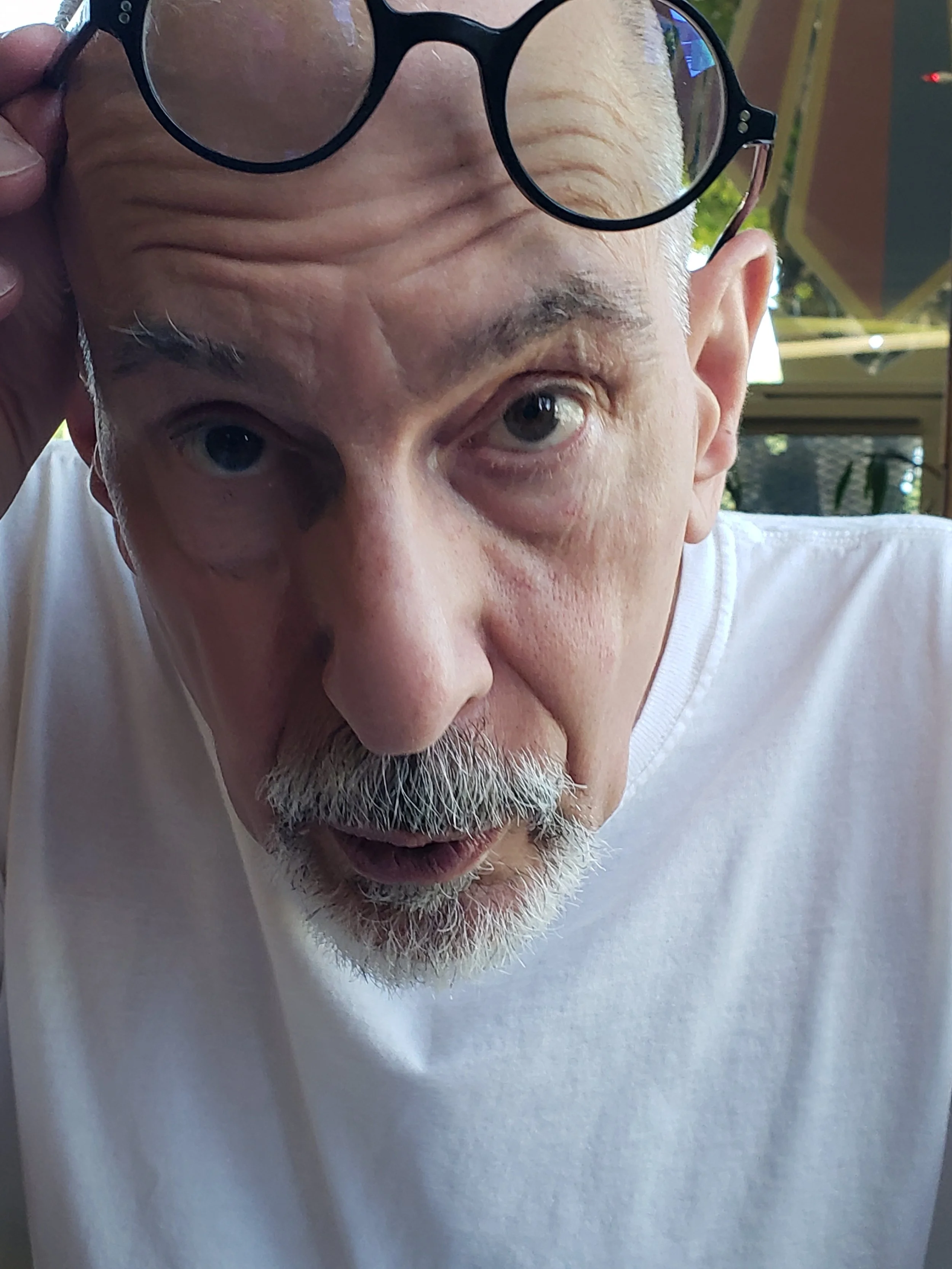When the Waking World and Unconscious Meet: A Craft Essay on The Dog by Peter Cashorali
A teacher, later friend, later sparring partner, Sam Eisenstein (1932–2023, much of his work available from Red Hen and Green Integer presses and worth a deep dive) noted often and often that as far as writing goes it doesn't matter whether something really happened, only whether it really happens. Yes, and fingers crossed, and best skills forward. Still, when I write, I find it needs to have “really happened” on a certain level. “The Dog” is based on lived events.
Like you, I've noticed the astonishing plasticity of clouds, that they can form anything, and in great detail. I've stopped trying to photograph them, no longer surprised by pictures of clouds instead of relief maps of Asia and Indonesia or a Persian cat on its haunches. Still, where did what I saw go? The War of the Worlds radio broadcast, how did that elicit such response from its audience? How do the colors in Impressionist paintings work? Why is what we suspect our partners of so much more compelling than what we see them do in front of us? Why do we have such a long history of modifying our behaviors and killing one another in accordance with systems of belief based on what we can neither touch nor prove?
In one sense you could say that the world that we see or hear or touch is—at this the delivery end of perception—made of psyche, whatever its constituent materials are out there on the collecting end of things. There's always a bit of a remove from what’s out there to the image of it. And even when we strive to be objective there are always some additions. Sunsets aren’t beautiful or tragic, they’re water vapor, light, and brief duration. Chocolate isn’t delicious, it’s sugars, fat and theobromine. The values, feelings, associations are added after the fact by our psyches.
With mental objects there isn’t external information being processed, whether as re-emitted electromagnetic radiation or sound waves propagated through media. The mental object has a tendency to be more compelling, perhaps because more immediate. It’s not a replication but an original. If you’ve ever experienced auditory hallucinations or intense jealousy you may have noticed how much more engaging those experiences were than anything going on in the immediate social environment.
Part of the content of such objects can be affective—intense, sometimes paradoxical feeling states—or cognitive—complex or profound systems of meaning. Last night you dreamed of the chair your father used to sit in when you were five. In the dream the sight of the chair was accompanied by feelings of guilt and love, looking at it you dimly knew that something big was in the process of changing. Driving to work you see, briefly, a friend who died a few years ago, and the sight comes with feelings of love or guilt, hope or hopelessness. Or all of these in a long poignant chord.
Some schools of psychology suggest that we’re dreaming constantly day or night, but when we’re awake consciousness screens out awareness of the dreams. Something like the stars shining all the time but sunlight as it bounces around among the molecules of the atmosphere screens them out.
One night driving home from work I passed a wet roll of carpet in the gutter. Within my psyche is a dog—lost, injured, dead, abandoned, that can’t be healed and isn’t loved, about which there is nothing to be done. It includes feelings about the work I’ve been involved in for the past twenty-five years, as therapist to people experiencing catastrophic illness, persistent and severe mental illness, complex grief and trauma, and the fact that no one had earned these experiences. As I saw the carpet, the dog came forward. Someone stopped and said they also had such a dog. I can’t heal the dog, but by my willingness to witness both him and my own powerlessness at least he’s no longer lost.
In my writing I’m less attentive to new discoveries in romantic love or the battlegrounds of social justice, though these are certainly rich fields of experience. I’m taken—and released only to be taken again—by what happens when the waking world and unconscious meet, and by my own attempts to render these events.

